Mozart - Requiem
Mozart's Requiem is one of the most famous choral works in the classical repertoire. The mournful 'Lacrimosa' is a highlight, but how much of it did Mozart actually write?
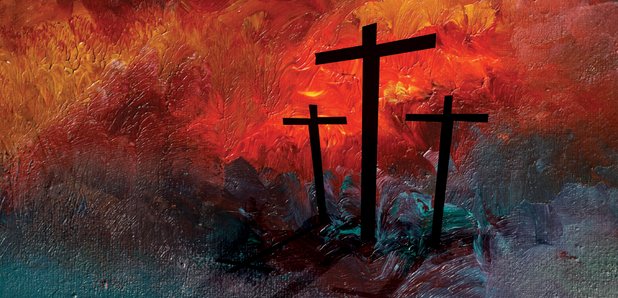
We all know that Wolfgang Amadeus Mozart was one of the most remarkable and naturally gifted musicians in history. But composing a deeply emotional and complex choral Requiem on his death-bed in 1791? Surely even Mozart would've struggled with that. In fact, he did - but what's the real story?
When the quirky Count von Walsegg's wife Anna died on Valentine’s Day 1791, it set in motion a series of events that, one could argue, has never stopped. Walsegg, an accomplished musician himself, anonymously commissioned the piece, totally spooking an already unstable Mozart in the process (he'd been taken ill after a performance of La Clemenza di Tito ). Mozart became consumed by the work, believing he had been cursed to write a requiem for himself, because he was about to die.
The work was never delivered by Mozart, who died before he had finished composing it, only finishing the first few bars of the Lacrimosa. The opening movement, Requiem aeternam, was the only section to be completed. It was brushed into some sort of shape by Mozart’s only composition pupil, Sussmayr, but to the complete lack of satisfaction of scholars down the centuries. As a result, the world and his wife have tried to complete it after him. Regardless, the Requiem still sounds wonderful to most ears.
To add further intrigue, when the unfinished manuscript was displayed in Brussels in the 1950s, a section was torn from the last page and never retrieved. As Mozart worked on the Requiem on his deathbed, it’s highly likely that someone stole the last notes ever written by Mozart.
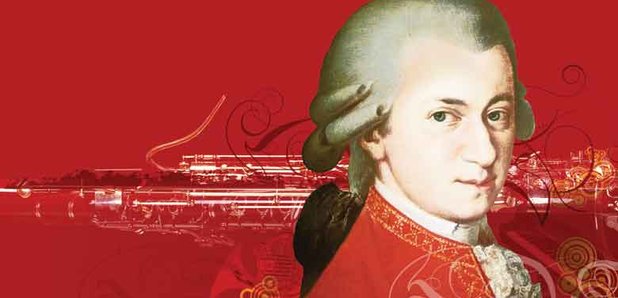



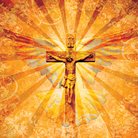

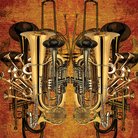

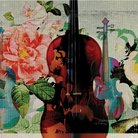



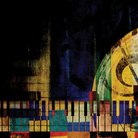


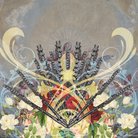

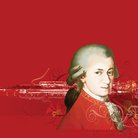





No comments:
Post a Comment
Note: Only a member of this blog may post a comment.